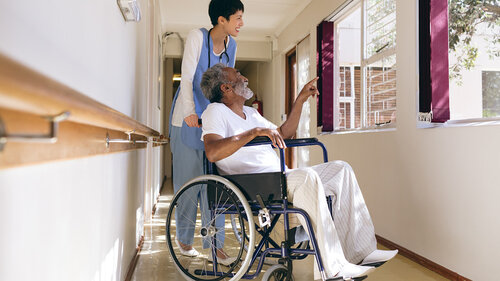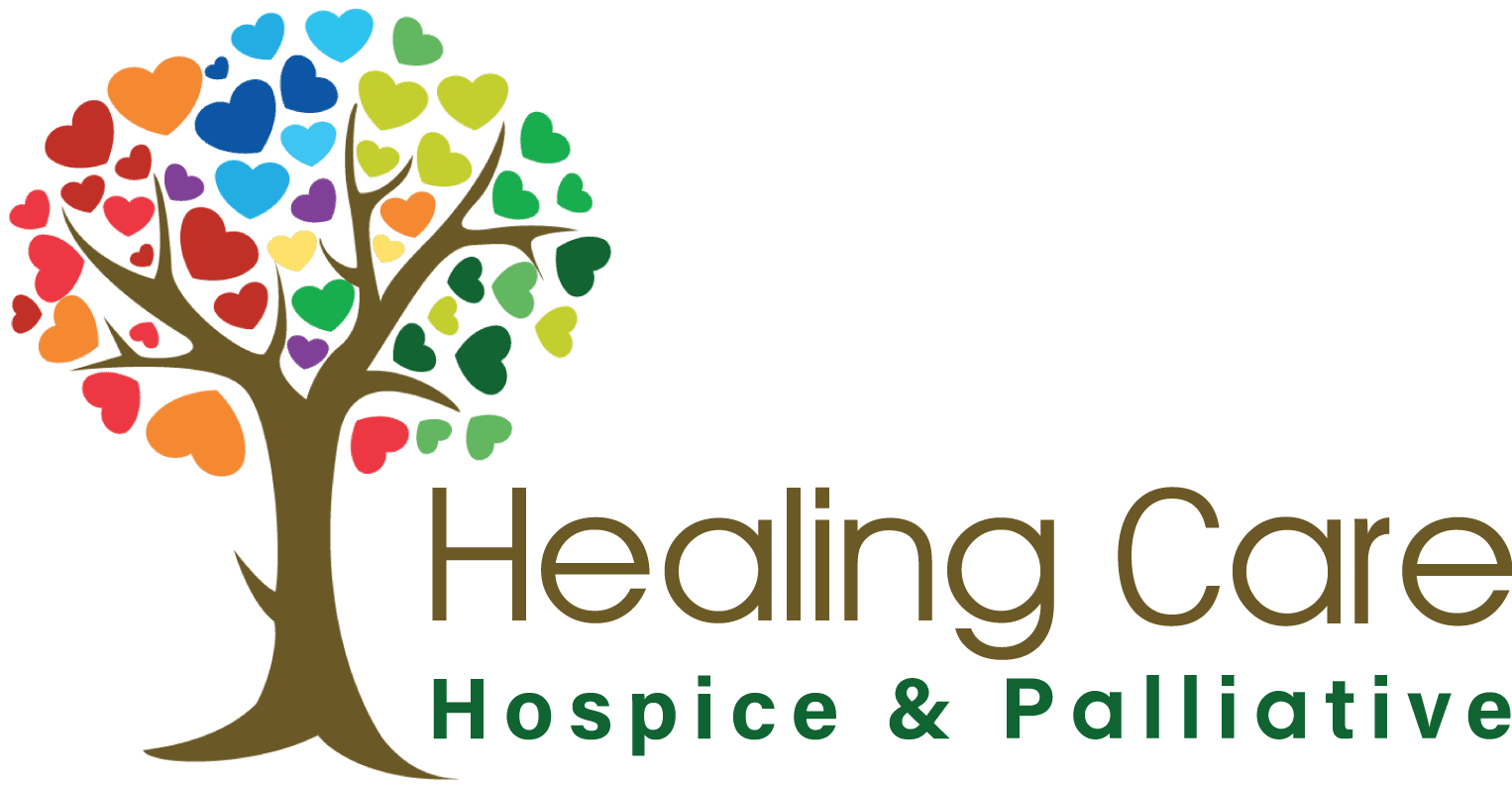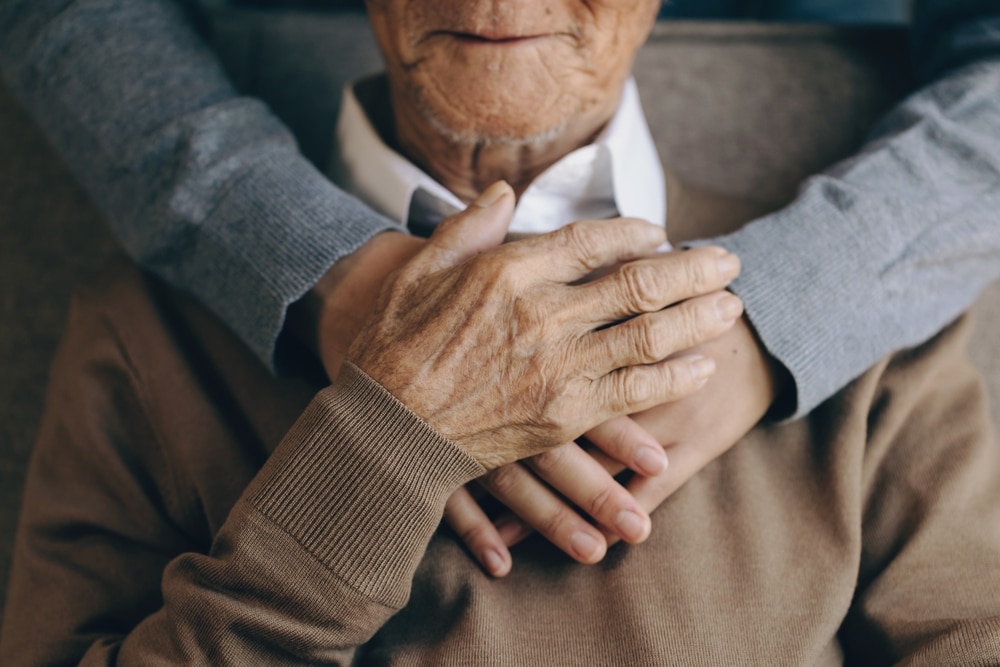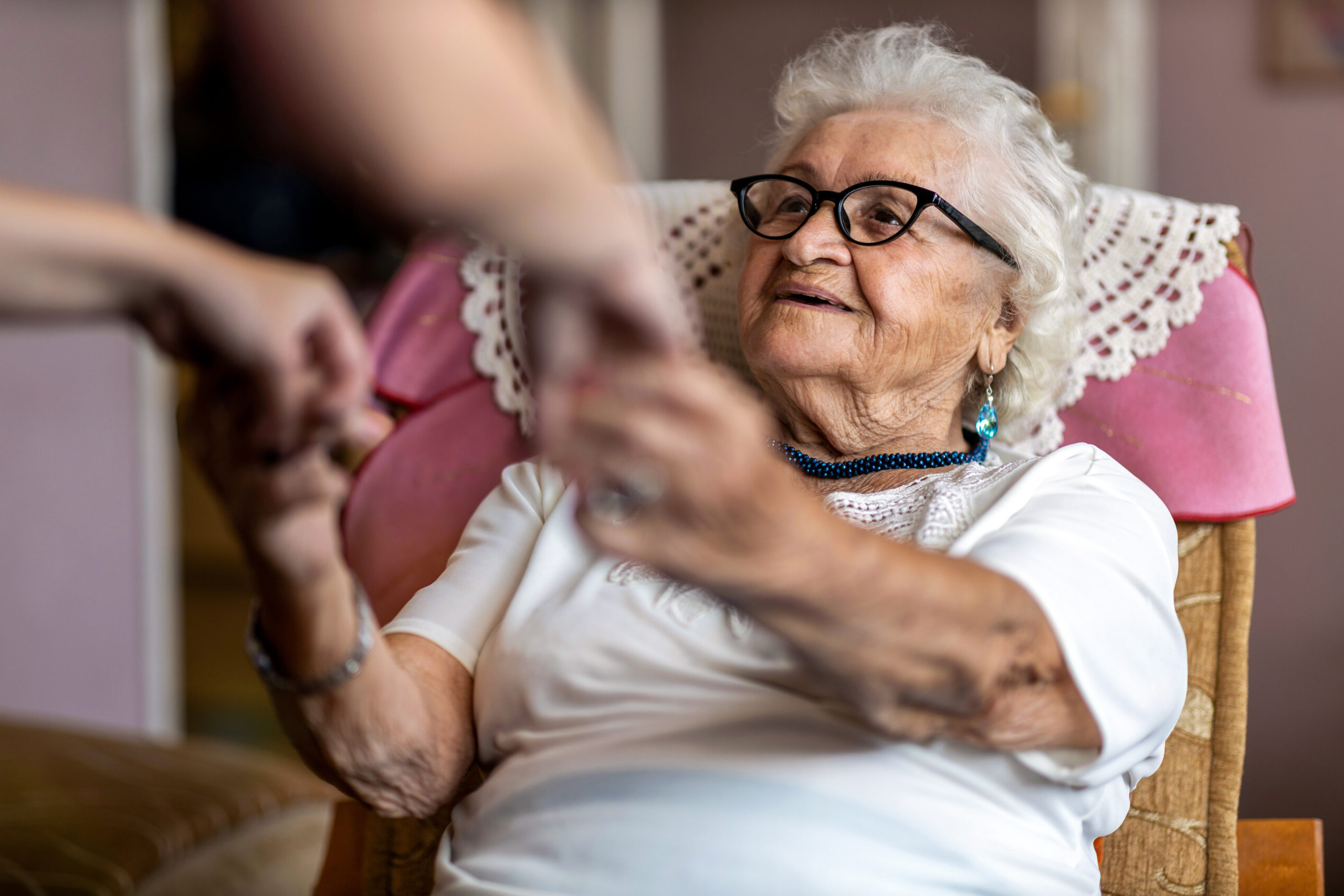De-Mystifying Medi-Cal: Overview Of The Estate Recovery Program
Education
Leonardo Flores, MSW
– Healing Care Hospice Social Worker
For many California residents, accessing Medi-Cal benefits for themselves or their loved ones may come with a sense of anxiety and unease. We may have heard that the State of California can come back to collect what they paid out in Medi-Cal benefits. We may have even heard that the State can come back and take our home in order to recoup the cost of our care.
Knowing how important our homes are to our families, to our sense of safety and comfort, and to our sense of connectedness to our community, we wanted to prepare a primer that discusses the issue the Medi-Cal Estate Recovery Program. This information was compiled using resources from the California Department of Health Care Services (DHCS) and the California Advocates for Nursing Home Reform (CANHR). Please note, the information provided below is not legal advice. Individuals should consult an attorney experienced in Medi-Cal rules and regulations for further assistance.
Firstly, what is Medi-Cal?
Medi-Cal is a Federal and State funded program that provides free or low-cost medical assistance for individuals who meet certain income and wealth thresholds.
If Medi-Cal pays for my medical assistance, can I be charged for the cost in the future?
Perhaps, the Estate Recovery Program can seek repayment for certain services.
Who is eligible for repayment? What types of medical assistance are eligible for repayment?
Individuals who received services on or after their fifty-fifth birthday are eligible for compulsory repayment. However, you can only be billed for services provided at a nursing home, care center for the developmentally disabled, or home and community-based institutions such as assisted living facilities, multipurpose senior programs, and acute hospitals.
If you are survived by a spouse or registered domestic partner, a child under the age of twenty-one, or disabled child, the State cannot seek compulsory repayment.
In Home Supportive Services (IHSS) assistance is exempt from recovery.
If the Estate Recovery Program applies to me, how does repayment work? Who is responsible for payment?
The State will send a notification through the mail, which will include an itemized billing of benefits.
Compulsory repayment will be sought against the deceased’s assets. Assets include real and personal property and other assets where the member had any legal title or interest in at the time of death. Assets can include houses, mobile homes, cash assets, cars, jewelry, etc. Please note, no claim will ever be more than the value of the assets.
The conservator of a will or trust, or the surviving heir, will manage the repayment process. However, they will not be responsible for using their own funds to pay the claim.
What happens if the Estate Recovery Program applies to me, but cannot afford repayment?
The Department of Health Care Services may waive its claim if it would cause a substantial hardship. The State also offers other payment arrangements.
Can the Estate Recovery Program take my house?
If the home is still in your name when you die and if it is subject to probate under California law, the State may make a claim against the home. However, the home does not need to be sold.
If the property is not subject to probate in California, the State cannot recover it. Additionally, California probate law excludes property held in living trusts, joint tenancies, life estates, etc.
I want to apply for Medi-Cal because I need assistance. How do I avoid being billed by the Estate Recovery Program?
The best way to avoid an estate claim is to leave nothing in the estate. You can do this by removing your name from deeds, auto registrations, etc. and naming another beneficiary. You can also set up a living trust, joint tenancy, or a transfer with an irrevocable life estate. Anyone considering a transfer of real property should consult an attorney experienced in the Medi-Cal rules and regulations.
I receive Medi-Cal, I own assets, and didn’t know about the Estate Recovery Program, what do I do?
To find out whether you are subject to compulsory recovery, once a year you can mail in form DHCS 4017: “Request for Medi-Cal Expenses Subject to Estate Recovery” along with a $5.00 check or money order to the California Department of Health Care Services.
If I have additional question, how do I get more information?
Please visit: dhcs.ca.gov/ER
You may also contact the California Department of Health Care Services by phone or email: (916) 650-0590 er@dhcs.ca.gov
Citations:
California Advocates for Nursing Home Reform. (2019, June). The New Medi-Cal Recovery Laws Effective January 1, 2017. Retrieved December 13, 2019, from http://www.canhr.org/factsheets/medi-cal_fs/html/fs_medcal_recovery_FAQ.htm.
California Advocates for Nursing Home Reform. (2019, August 9). For Individuals who Die On or After January 1, 2017: California’s Medi-Cal Recovery Program Frequently Asked Questions (FAQ). Retrieved December 13, 2019, from http://www.canhr.org/factsheets/medi-cal_fs/html/fs_medcal_recovery_FAQ.htm.
California Department of Health Care Services. (2017). Medi-Cal Estate Recovery Program. Retrieved December 13, 2019, from https://www.dhcs.ca.gov/services/Documents/ER_Brochure_Eng_0619.pdf.
California Department of Health Care Services. (2019, July 8). Estate Recovery Program. Retrieved December 13, 2019, from https://www.dhcs.ca.gov/services/Pages/TPLRD_ER_cont.aspx.



